It is in our lives and not our words that our religion must be read
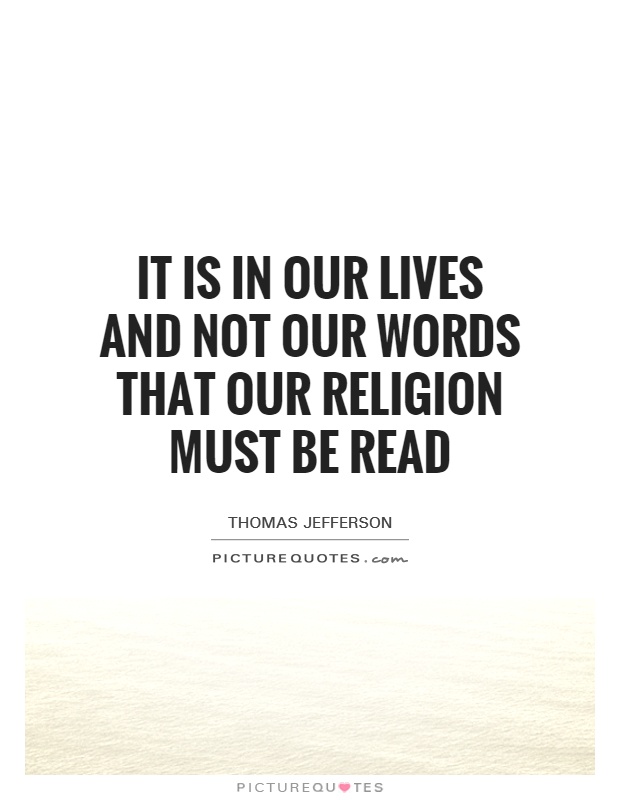
It is in our lives and not our words that our religion must be read
Thomas Jefferson, the third President of the United States and one of the Founding Fathers, was a complex figure when it came to religion. He is often remembered for his belief in the separation of church and state, as well as his skepticism towards organized religion. However, Jefferson's personal beliefs and practices when it came to religion were not as clear-cut as some may think.The quote "It is in our lives and not our words that our religion must be read" is particularly relevant when considering Jefferson's approach to religion. While he may have been critical of certain aspects of organized religion, Jefferson's actions and decisions as a political leader were often guided by his own moral and ethical beliefs, which were deeply rooted in his understanding of religion.
Jefferson was a man of contradictions when it came to religion. On one hand, he was a proponent of religious freedom and tolerance, believing that individuals should be free to practice their own faith without interference from the government. He famously wrote in his Virginia Statute for Religious Freedom that "no man shall be compelled to frequent or support any religious worship, place, or ministry whatsoever."
On the other hand, Jefferson was also a man of deep faith and spirituality. He often spoke of the importance of living a moral and virtuous life, and he believed that religion played a crucial role in shaping individuals' character and behavior. Jefferson's personal library was filled with books on religion and philosophy, and he often engaged in discussions about theology and ethics with his friends and colleagues.

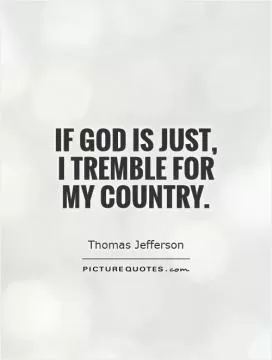

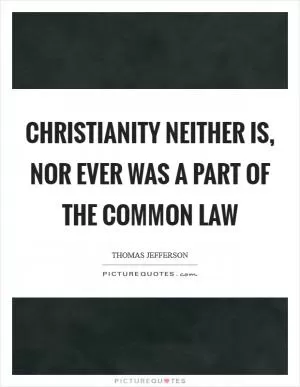
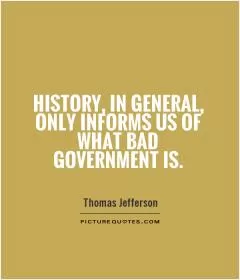
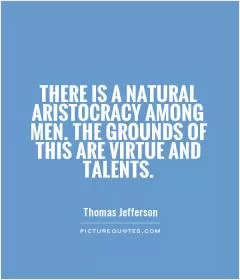

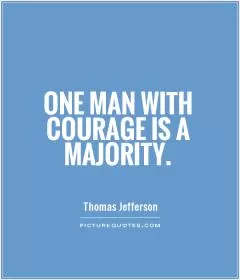
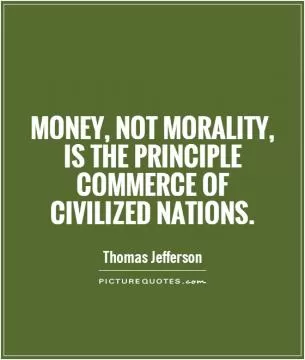
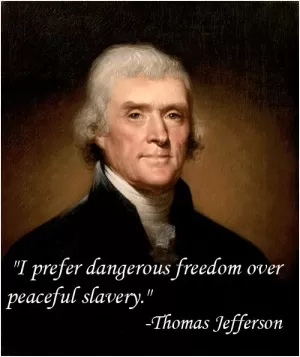
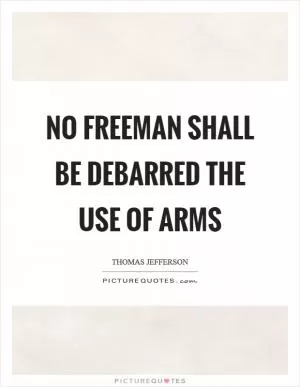
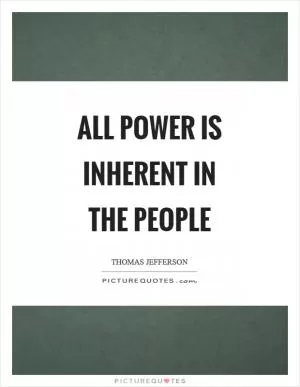
 Friendship Quotes
Friendship Quotes Love Quotes
Love Quotes Life Quotes
Life Quotes Funny Quotes
Funny Quotes Motivational Quotes
Motivational Quotes Inspirational Quotes
Inspirational Quotes